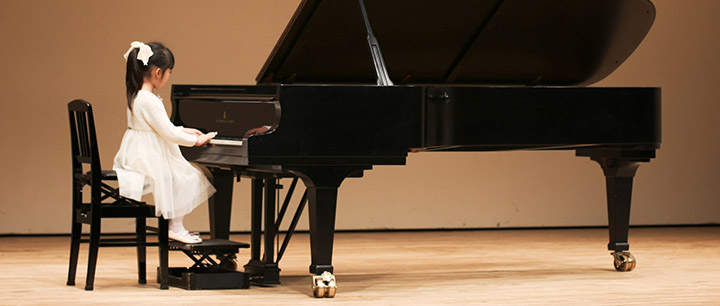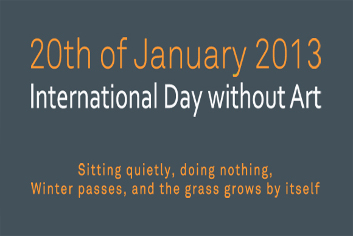
Konstantinos Athanasakos
Has this pandemic revealed a forgotten success-model derived from the performing Arts, a ‘classic’ formula for prosperity, happiness, and contribution? I will argue that this is most certainly the case, not only for the individual but for the collective good as well. But first, let’s see what we are dealing with here.
A Classic is something of long-lasting, perhaps eternal value and significance to mankind. Well, pandemics fall in that category, as they have scarred the face of human history and have become landmarks in the way historians determined the rise and fall of civilizations.
Let’s turn now to a more positive classic, Classical Music: a sonic Art form with those characteristics of long-lasting value and perhaps eternity. Well, if art and music are so important, then why are all those concert halls and opera houses not open now, doing double shifts? It seems that doctors and scientists have come to the forefront at this time of urgent need, and rightly so.
Because the value of anything classic and the value of Art in particular, is not practicality, and not so much the various feelings of euphoria, transcendence, emotionalism, or intellectual stimulation that we are all used to experiencing after consuming it like any other product out there.
Rather, it relies on universal messages, sometimes hidden, most often encrypted in those monumental works, created by great minds who did not live just for the ‘here and now’, yet they had the ‘forever’ in mind. So, if classical music offers a great paradigm, we will have to deconstruct it to its essential components, and by reconstructing it, transfer it to our current international predicament.
In preparing the ingredients for cooking a great performance, you will need the following. First, turn the heat on: creating anticipation is essential for advertisement purposes because you will need an audience. In the real world, these are the elections; second, a complicated musical structure, either obviously complex or deceivingly simple, which serves inner needs nobody has yet realized!
If you remove the word ‘inner’ from the previous sentence, you get the definition of governments and their components (constitutions, legal/political/economic/social systems). It is no accident J.S. Bach is called the ‘law-maker’ of music; third, although the structure is there, it needs execution. And to do justice to great structures, you need great craftsmen (politicians, technocrats, advisory panels, boards, experts). In the case of a concert, this responsibility falls on the shoulders of the performer(s) who must transform the written structure into palpable reality, and explain through detailed, precise, communicative recreation its meaning to the listener.
Fourth, and final, we need the most important and final element, the audience. Its significance is rarely acknowledged even though without an audience, there is no ‘performance’ or ‘event’, but only ‘practice’. Most importantly, however, the audience in a concert hall is living proof of the work’s greatness since it will distill various interpretations. Through its subjectivity, each member of the audience will experience, comprehend, and value the offering surprisingly differently, testifying to the multifaceted value of the structure. You can call it democracy, or simply the triumph of the individual because of his or her existence within the collective.
In our times, and for the first time in human history, it is easier for any cultural organization to find extremely capable composers, creators, performers, of the highest caliber, than it is to find and assemble a fairly big audience full of the knowledge, empathy, and the sensitivities needed for the appreciation of good music. Is this another failing of our educational systems and their priorities? That is a good point for later.
Right now, as some leaders rush on stage facing challenges they never imagined, and as others run off-stage to hide behind their excuses, the audiences world-wide become the decisive factor of change, hope, and pragmatic improvement: The volunteer, the doctor, the driver, the donor, the business owner who has shut down his business, the former activist and current holder of a father’s grave, they all GIVE time, effort, emotions, expertise, means, or simply get out of the way to make room for whoever can help more. Everybody is doing it at a double personal cost: it is both what they unfairly lost, and what they fairly keep giving. Tragedy and Triumph seeking a realistic co-existence.
To modern-day analysts, it may seem like ‘sacrifice’ or heroism. But a performing-arts-practitioner sees it differently… the classic lesson here is that although the ‘performer’ may seem to be the protagonist, he/she does not exist without those incredible structures created before him/her, and without all of you, i.e., all of us.
In such moments, it may seem pointless to compete on which entity is more important. Indeed, it is pointless because we know the answer: It is the Audience, and this is the truth most structures will finally need to accept to reform economic, political, spiritual, educational, and scientific entities.
More transparency, more democracy, more justice, by remembering what the perhaps greatest of all pianists, Arturo Benedetti Michelangeli said: ‘The Hero exists because he overcomes the fear’.
Konstantinos Athanasakos is a Greek award-winning pianist/composer, public speaker, and high-performance mentor.
https://konstantinosathanasakos.com/











